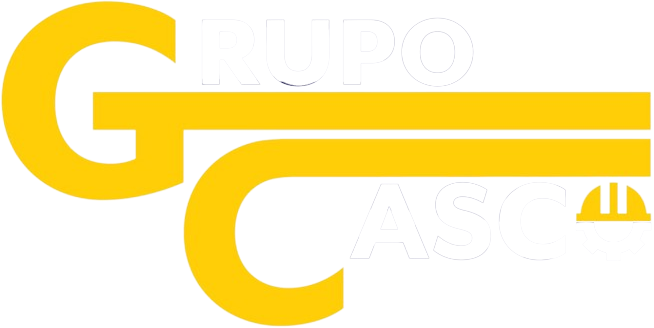The Importance of Effective Communication in the Workplace
The Importance of Effective Communication in the Workplace
Effective communication is crucial in any workplace setting. It plays a vital role in enhancing productivity, fostering positive relationships, and ensuring the smooth functioning of teams and organizations. In this blog post, we will explore the significance of effective communication and discuss strategies to improve communication skills in the workplace.
Enhancing Collaboration and Teamwork
Effective communication is essential for fostering collaboration and teamwork within an organization. When team members can communicate clearly and openly, they can share ideas, exchange information, and work together towards common goals. This leads to increased efficiency, improved problem-solving, and better decision-making.
Clear communication also helps in avoiding misunderstandings and conflicts. When everyone is on the same page and understands their roles and responsibilities, it reduces the chances of confusion or duplication of efforts. Moreover, effective communication promotes a positive work environment where individuals feel heard, valued, and motivated to contribute their best.
Building Strong Relationships
Communication is the foundation of any relationship, and this holds true in the workplace as well. Effective communication builds trust, respect, and rapport among colleagues and superiors. When individuals can express their thoughts, concerns, and feedback openly, it creates a sense of belonging and encourages a culture of open dialogue.
Good communication also enables effective leadership. Leaders who communicate clearly and transparently can inspire and motivate their teams, provide guidance, and address any issues or challenges that arise. They create an environment where everyone feels comfortable sharing their ideas and seeking support when needed.
Improving Productivity and Efficiency
One of the key benefits of effective communication is improved productivity and efficiency. When information is communicated clearly, tasks can be completed more efficiently, and deadlines can be met without unnecessary delays. Clear communication also reduces the need for follow-ups and clarifications, saving time and resources.
Additionally, effective communication allows for better coordination and alignment within teams and departments. When everyone is aware of the overall objectives and understands how their work contributes to the larger goals, it promotes a sense of ownership and accountability. This leads to increased productivity and a more streamlined workflow.
Strategies for Improving Communication Skills
While effective communication is vital, it is a skill that can be developed and improved. Here are some strategies to enhance communication skills in the workplace:
- Active listening: Pay attention to others, show interest, and respond appropriately.
- Clarity and conciseness: Use clear and concise language to convey your message.
- Non-verbal communication: Pay attention to body language, facial expressions, and tone of voice.
- Empathy: Put yourself in others’ shoes and try to understand their perspective.
- Feedback: Provide constructive feedback and be open to receiving feedback from others.
By practicing these strategies and continuously working on improving communication skills, individuals and organizations can reap the benefits of effective communication in the workplace.
